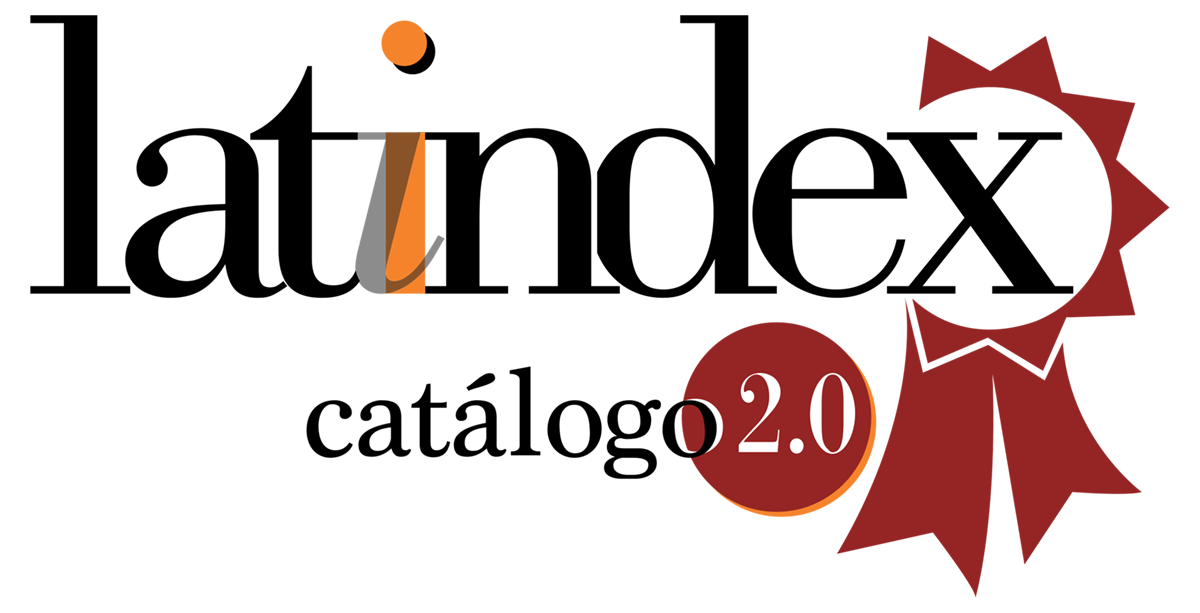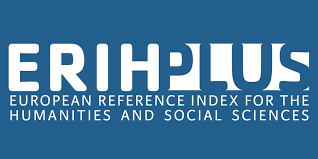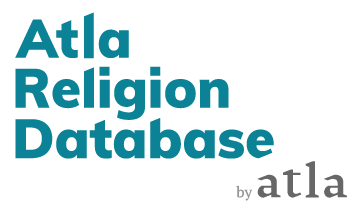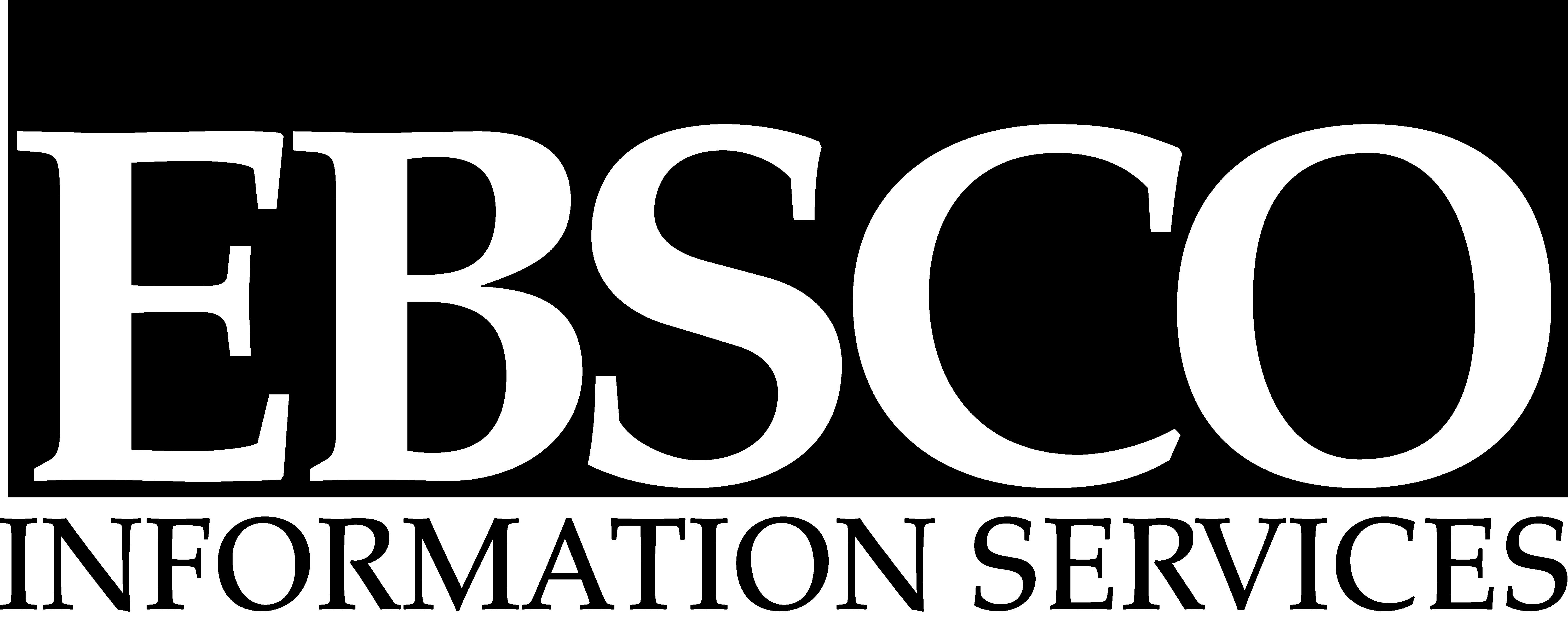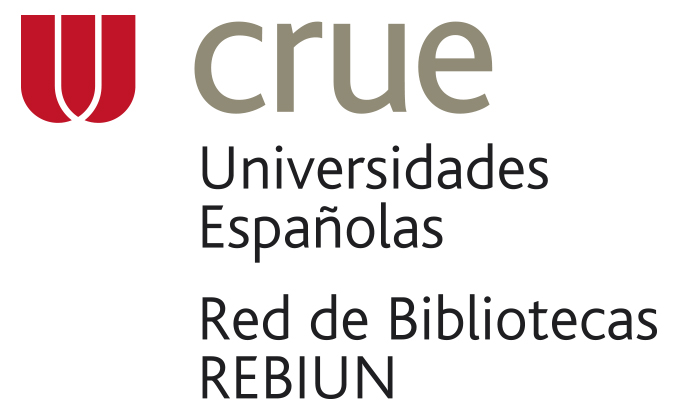THE PRONOUNCEMENTS OF THE CHILEAN EPISCOPATE IN THE YEARS OF THE MILITARY DICTATORSHIP, 1973-1990
DOI:
https://doi.org/10.21703/2735-6345.2021.22.010005Keywords:
Human Rights, Episcopate, Prophetic Inspiration, Justice, PoorAbstract
In the context of abuses in the church, Pope Francis summoned the bishops of Chile to a meeting in Rome in May 2018. To initiate the reflection, he gave them a reserved letter and asked them to meditate on it. In it he notes, with pain, that the church in Chile has lost the prophetic inspiration it had in previous decades. This article reviews one aspect of that inspiration, in the form of the interventions of the episcopate in the face of human rights violations during the military dictatorship, 1973-1990. In particular, they react against torture, the forced disappearance of people detained by the regime’s security forces, and the expulsion of prominent dissidents, among them priests, religious and lay people collaborating in church institutions; the bishops defend too the value of political activity. They believe that at the root of these problems are the absence of a political Constitution approved by the people, as well as the weaknesses of the judiciary, which usually conforms to the prevailing legality. They denounce that the costs of the country’s enormous economic difficulties in the first decade of the military regime are being borne on the shoulders of the poor. After the end of the dictatorship, the episcopate insists on the urgent need to solve the problem of the disappeared detainees, knowing the truth and doing justice, without which there will be no possible reconciliation in the country; and they denounce the growing gap between rich and poor.
Downloads
Downloads
Published
How to Cite
Issue
Section
License
The Anales de Teología is an open access journal and does not charge for publication. In addition, it regulates its Copyright and access policy according to the Creative Commons Attribution-NonCommercial 4.0 International Public License (CC BY-NC 4.0), therefore sharing (reproducing and distributing the material in any medium or format) and adaptation (modifying, transforming, and creating from the material) is allowed as long as proper credit is given and the citation is included with the corresponding data. Moreover, it is not allowed to use the material for commercial purposes.





